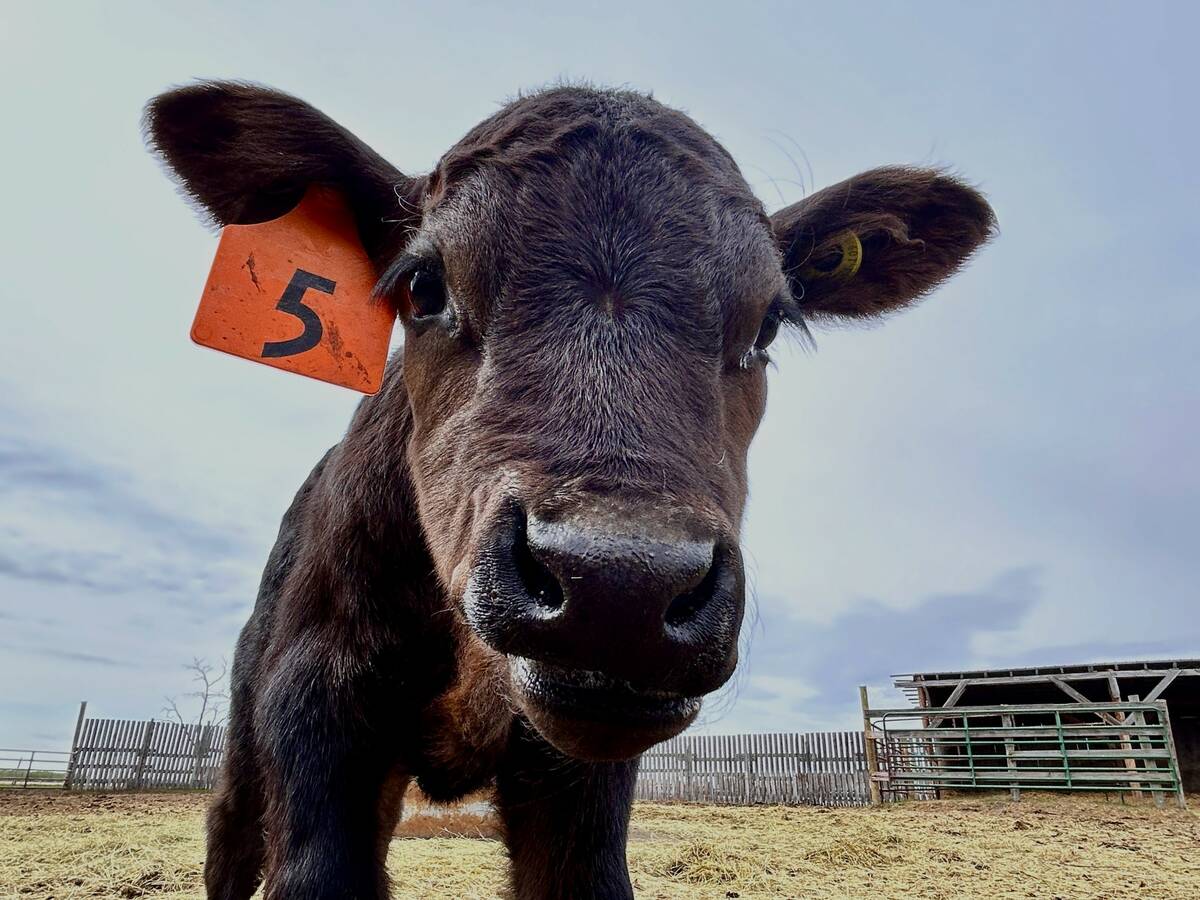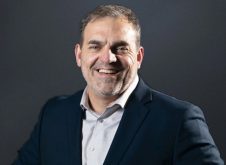Everyone is exhausted by the pandemic and needs to recharge their emotional batteries, says Olds psychologist
Has burnout become your everyday reality during the pandemic?
You’re not alone.
More than 2,000 people recently took in a webinar on burnout and “compassion fatigue” by Jody Carrington, a child psychologist from Olds.
“I don’t know if any of you are emotionally exhausted in the middle of a global pandemic, but I don’t know many who aren’t at this point,” she told her audience on a Farm Credit Canada webinar.
Carrington, who grew up on a farm near Viking, spoke about the feelings that so many people are experiencing these days and offered some advice on dealing with them.
Read Also

Calf vaccination timing: why one size doesn’t fit all
Experts say for calf vaccinations to be most effective, it requires using a tailored approach for each herd.
Burnout — that feeling of being so worn down it’s hard to care anymore — has become a common term, but isn’t always well understood.
“I didn’t learn anything about burnout until I was burnt out,” said Carrington.
Part of it is emotional exhaustion but it also involves depersonalization, which includes losing empathy and compassion, including for yourself.
“What you’re doing every day feels futile,” she said. “One of the biggest signs of burnout is a lack of acknowledgment, and a decreased sense of accomplishment and connection.
“In the middle of a global pandemic, I hear this a lot.”
One of the main reasons people struggle is because of emotional dysregulation, an inability to manage emotions. The fear and uncertainty caused by a pandemic with no clear end in sight has many suffering from emotional dysregulation, said Carrington.
“There are increasing rates of emotional exhaustion,” she said. “So many of us have had nowhere to put it as of late, which makes it harder to process the emotion.”
Emotional dysregulation is alleviated by connection to others. However, people get the most emotionally ‘deregulated’ around people they love and tend to spend the most time with.
“When we don’t have anywhere to put that stuff, over and over again, we get tired. People stop acknowledging how hard it is for each other.”
One of Carrington’s favourite quotes right now is by Ram Dass, an American spiritual teacher and mystic who said, “We are all just here walking each other home.”
People are wired for connection, and often end up partnered with people who can emotionally regulate them in times of stress. But they can also take on their partner’s stress.
“When they are not OK, you are not OK — when you’re not OK, they’re not OK,” she said. “When you become emotionally exhausted, it is very difficult to walk each other home.”
Compassion fatigue is another term used by mental health professionals and as the name suggests, it refers to a decreased ability to care about others.
“The cost of caring is what we identify as compassion fatigue — when we feel that we can no longer care for people and become tired of caring for people” she said.
Being on the receiving end helps to restore that ability to care, but during something like a pandemic, everyone starts feeling run down. And, of course, the ongoing stress puts people on edge.
“When you are smack in the middle of big emotions, when you are navigating your family and your systems — particularly in the middle of a global pandemic — you’re going to see a lot of emotions that are big and don’t have anywhere to go because everyone is in the same storm,” she said.
There’s also the fact that people are a lot more irritable during times like these, and being grouchy is catchy.
Carrington said she is concerned about the emotional dysregulation and the magnitude of emotional disconnect happening as a result of COVID-19.
Even before the pandemic, people spent little time connecting with each other.
“It is the disconnect that we are up against,” she said. “When we are scared, we armour up. And now when we’ve got a virus to worry about and we can’t be in the physical space as each other, how do we stay connected?”
Helpful things you can do
So given all that, what are people supposed to do?
Carrington has several recommendations.
One is to re-establish connections that have become frayed and distant.
“The idea of reconnection is really how we are making a conscious effort to stay reconnected to the people we love,” she said.
Carrington urged her audience to think about their purpose, and how they serve the people in their lives, including their farming community or company. Even small acts — such as giving folks a wave or buying someone a coffee — can make a difference, she said.
She also recommends recharging by resting.
‘How are you sleeping’ is always on her list of questions when doing a mental health assessment, she said. Rest helps people regulate emotions, and people can better access their skills when they are rested. Recharging also involves exercise — such as going for a run or brisk walk — and taking some time away from screens.
And seek out things that delight you.
“Joy is a choice,” said Carrington. “Joy and happiness are two different things. You can be unhappy in this moment, this stage, this chapter of your life, and still deserve joy.”
And laughter does have measurable benefits.
“Laughter releases oxytocin and dopamine, and cortisol (a stress-induced hormone) decreases,” she said.
She also encouraged people to find gratitude. While this might sound like something said by a granola-crunching hippie, it’s also a practice, she said.
“If you do not practise, you will not be good at it,” she said. “When we choose to practise gratitude, we have to focus and shift our concentration away from all of the stuff we have on our plates to things that might be going OK today.
“It doesn’t have to be big things. I just want you to be conscious of it.”
She encouraged people to think about why others are lucky to have them.
“When I remember my purpose, my resilience will come. We are in the middle of a tough season. Pay attention to those who can walk you home.”















